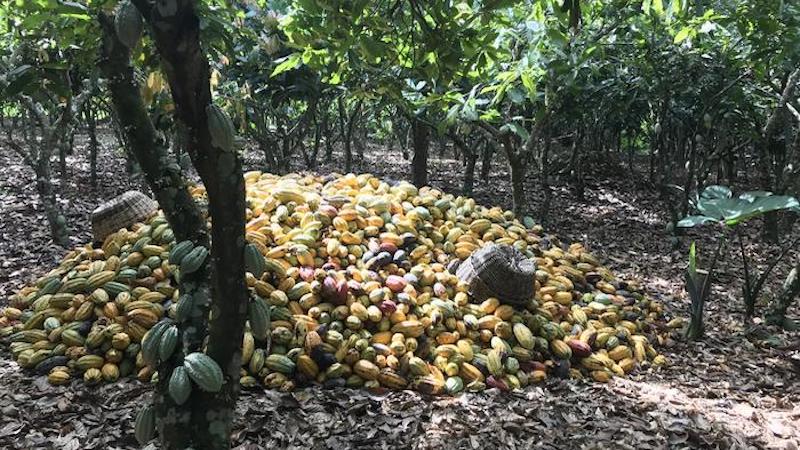Safeguarding the Little Guys: How Small Farmers and Nature Are Fighting Back

In the world of chocolate production, sustainability certificates like Fairtrade, Rainforest Alliance, and Cocoa Life are more than just labels—they're lifelines for small-scale cocoa farmers. These innovative programs aim to transform the lives of agricultural communities while protecting the delicate ecosystems where cocoa is grown.
By providing fair compensation, promoting environmentally friendly farming practices, and supporting local communities, these certification schemes offer a holistic approach to sustainable cocoa production. Farmers receive not just financial support, but also crucial training in agricultural techniques that help preserve biodiversity and improve crop yields.
Fairtrade, for instance, ensures that farmers receive a minimum price for their cocoa, protecting them from volatile market fluctuations. Rainforest Alliance focuses on environmental conservation and worker welfare, while Cocoa Life invests directly in community development and empowerment.
These certificates represent more than just a stamp of approval—they're a commitment to creating a more equitable and sustainable future for cocoa-producing regions around the world. By choosing certified chocolate, consumers can play a direct role in supporting these transformative efforts.
